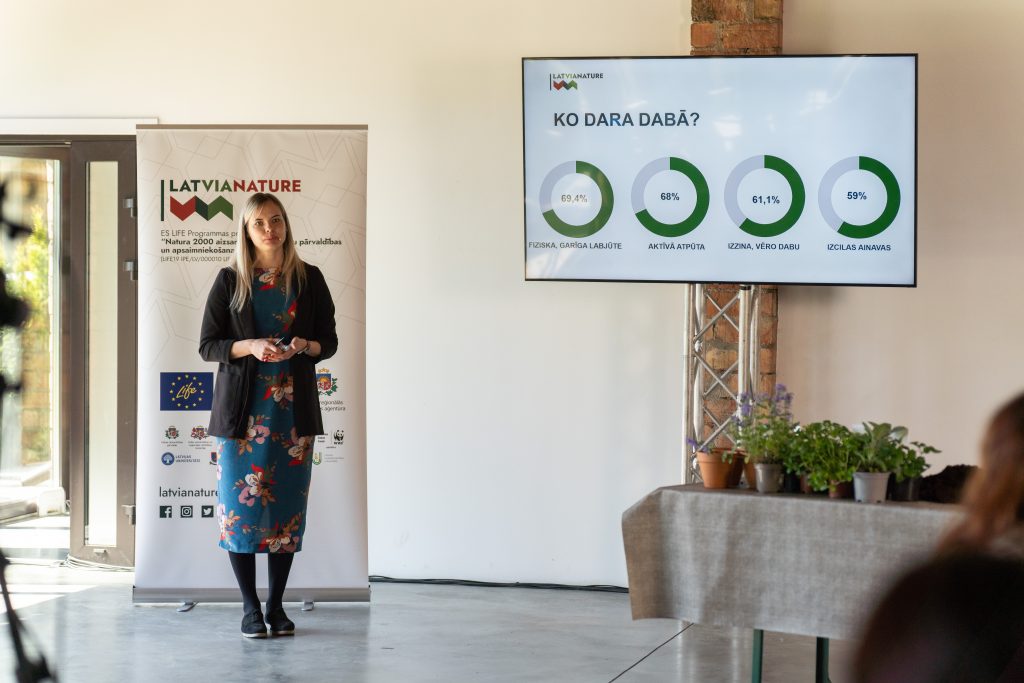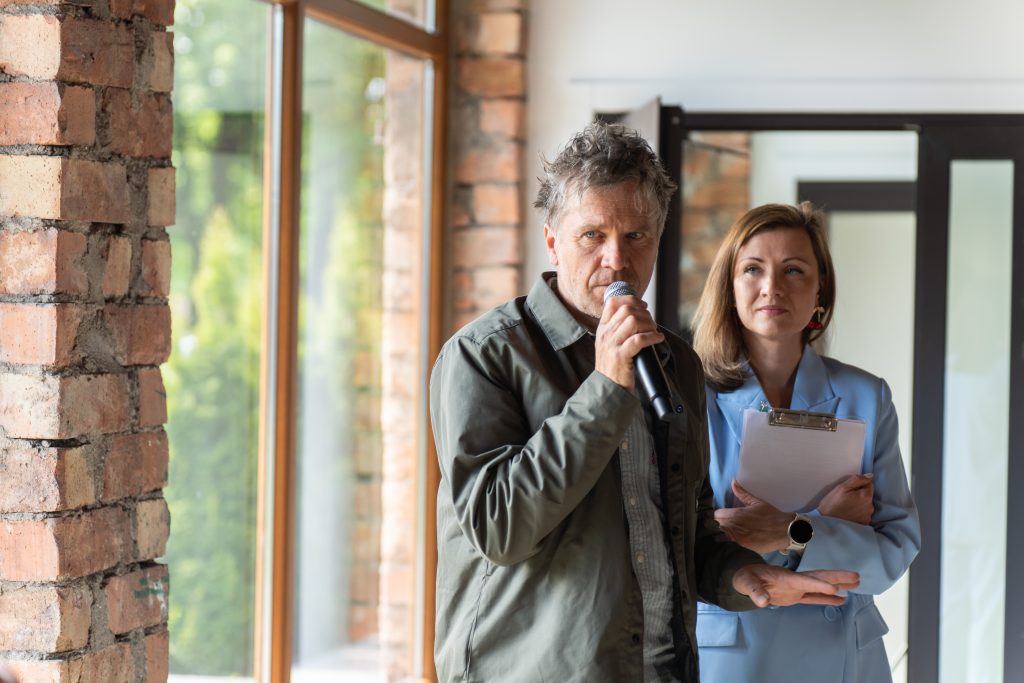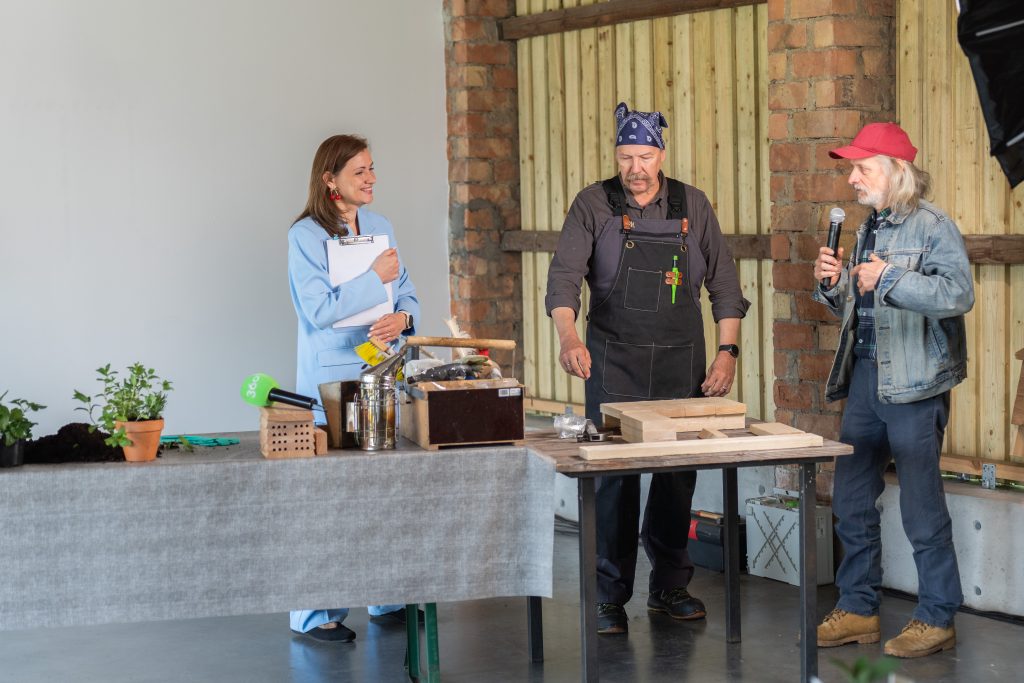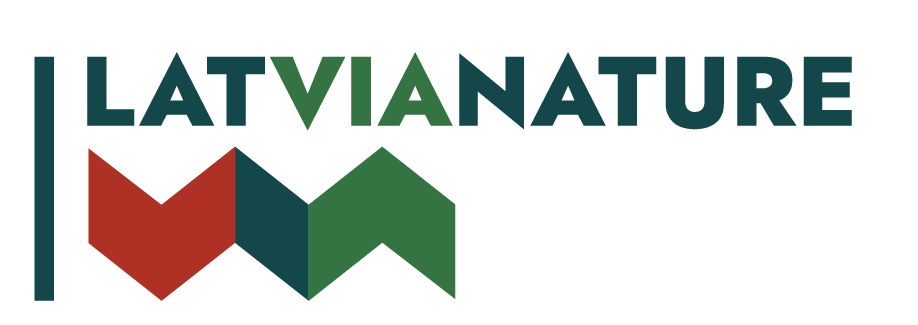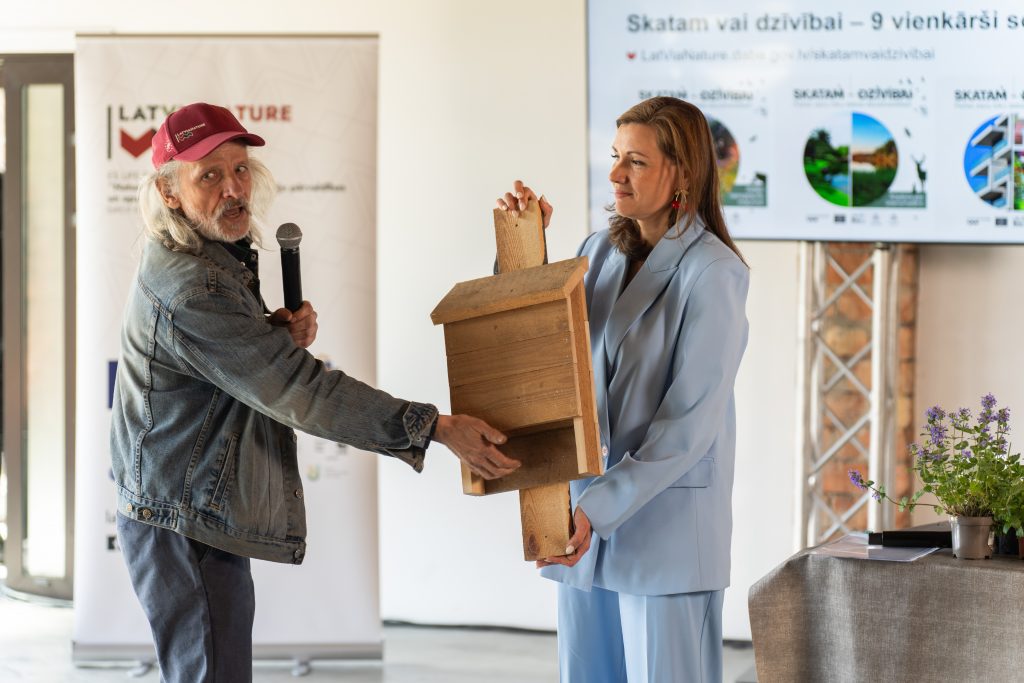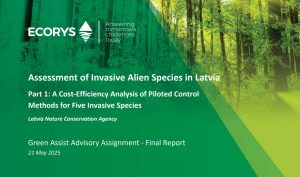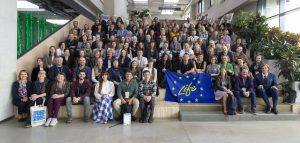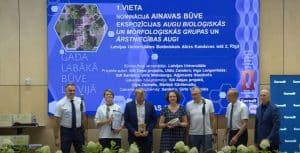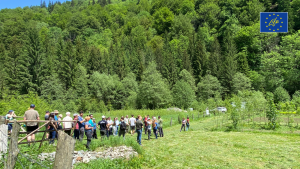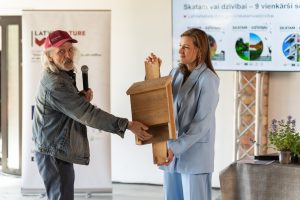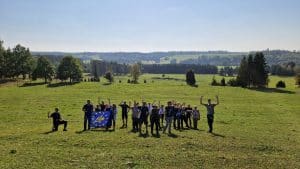The study was conducted by LatViaNature project partner – Vidzeme University of Applied Sciences – revealing that 95.5% of Latvia’s residents care about nature. For two-thirds of respondents, this concern is of high importance. People are most worried about forest logging, biodiversity loss, climate change and weather extremes, construction in nature areas, as well as irresponsible behaviour by others.
One of the study’s conclusions is that public attitudes towards nature-related issues are often shaped by greenwashing and social media influencers who are not nature experts, yet influence others through emotional messages.
“Overall, knowledge about nature among Latvia’s population is relatively high – 60.5% of respondents rated their knowledge as very good or good. People also rate their understanding of natural processes, as well as plant and animal species, as good. However, since the previous survey in 2021, the share of good knowledge has slightly decreased across all topics, while the share of average and poor knowledge has increased. Significantly, the vast majority of respondents supplement their knowledge about nature independently, seeking information in the media, on the internet, and in books. This suggests that it is important to ensure and offer society high-quality materials prepared by nature experts,” says Anda Mežgaile, representative of the study and Director of the Tourism and Leisure Studies Programme at Vidzeme University of Applied Sciences.
Survey participants believe that the state of Latvia’s nature has not worsened over the past four years: 36.4% say it has remained unchanged, 31.4% think it has improved, while one-third feel it has deteriorated.
“For evidence-based and science-based nature conservation, the results of the LatViaNature study on public attitudes and knowledge are highly valuable. They will be used to improve nature conservation policy, management, and education,” says Ieva Saleniece, Manager of the LatViaNature project at the Nature Conservation Agency.
Notably, concern for nature among Latvia’s residents is most often expressed at the micro level – on their own property. 89.4% of respondents said they try to preserve nature values in their homestead, forest, or meadow. However, such actions are not always beneficial to nature. For example, many private homeowners frequently mow their lawns, which harms grassland biodiversity in the long term. Others plant decorative invasive alien plant species, thereby reducing the habitat quality for native species.
Almost two-thirds of respondents are ready to occasionally participate in collective events such as clean-up campaigns – support for such activities has increased by 18% over the past four years. Additionally, only one in five (21.3%) would consider joining an environmental NGO. The study also shows that 18.5% of respondents do not know how they could contribute to preserving nature values. Survey results can be found HERE>>>
“To offer practical tips for residents, experts from the Nature Conservation Agency have prepared the Green Brochure and in May are implementing a public awareness campaign with the slogan For the View or for Life. Within this framework, a section has been created on the LatViaNature website where anyone can find practical advice on promoting biodiversity in their garden, yard, or even on a city windowsill. For example, how to attract pollinators by planting nectar-rich flowers on a balcony, windowsill, or flower bed; how to create bat, insect, and toad houses; or how to set up bird and insect water sources to encourage greater species diversity near one’s home,” explains Linda Uzule, habitat and species expert at the Nature Conservation Agency.
The European Commission’s LIFE Integrated Project “Optimising the Management and Governance of Natura 2000 Protected Areas” – or LatViaNature – strengthens the nature conservation system in Latvia to ensure the long-term survival of protected species and habitats. The project develops innovative and appropriate approaches to addressing current nature conservation challenges and is implementing a priority action programme for Natura 2000 sites.
“For 21 years, Latvia’s natural treasures have been part of the world’s largest network of protected areas – Natura 2000. Together with other EU Member States, on 21 May – the anniversary of the Habitats Directive – Latvia celebrates Natura 2000 Day. This year, we are focusing on practical action and encouraging discussions about everyone’s role in biodiversity. Nature is a guarantee of a sustainable future, and I urge everyone to contribute to biodiversity,” says Ilze Dambīte-Damberga, Parliamentary Secretary at the Ministry of Environmental Protection and Regional Development.
Based on the Habitats Directive, the world’s largest coordinated network of protected nature areas has been established – known as Natura 2000. This European map also includes 333 of Latvia’s natural treasures.
